A space for good answers
Goethe University has sharpened its research profile – it wants to bundle its expertise more effectively and further foster its potential.
When experts from archaeology, physics and medicine discuss questions. When linguists, computer scientists and legal scholars engage in lively debates in workshops. When researchers from all disciplines come together and are curious for “more”, there must be a special reason. In the case of Goethe University Frankfurt, this was the decision to sharpen the university’s research profile: How can we pool and enhance the content and excellence of our research in such a way that our contribution to understanding the world becomes clear? And how can we become even more visible as a catalyst for social development, sustainability and justice in the 21st century?

